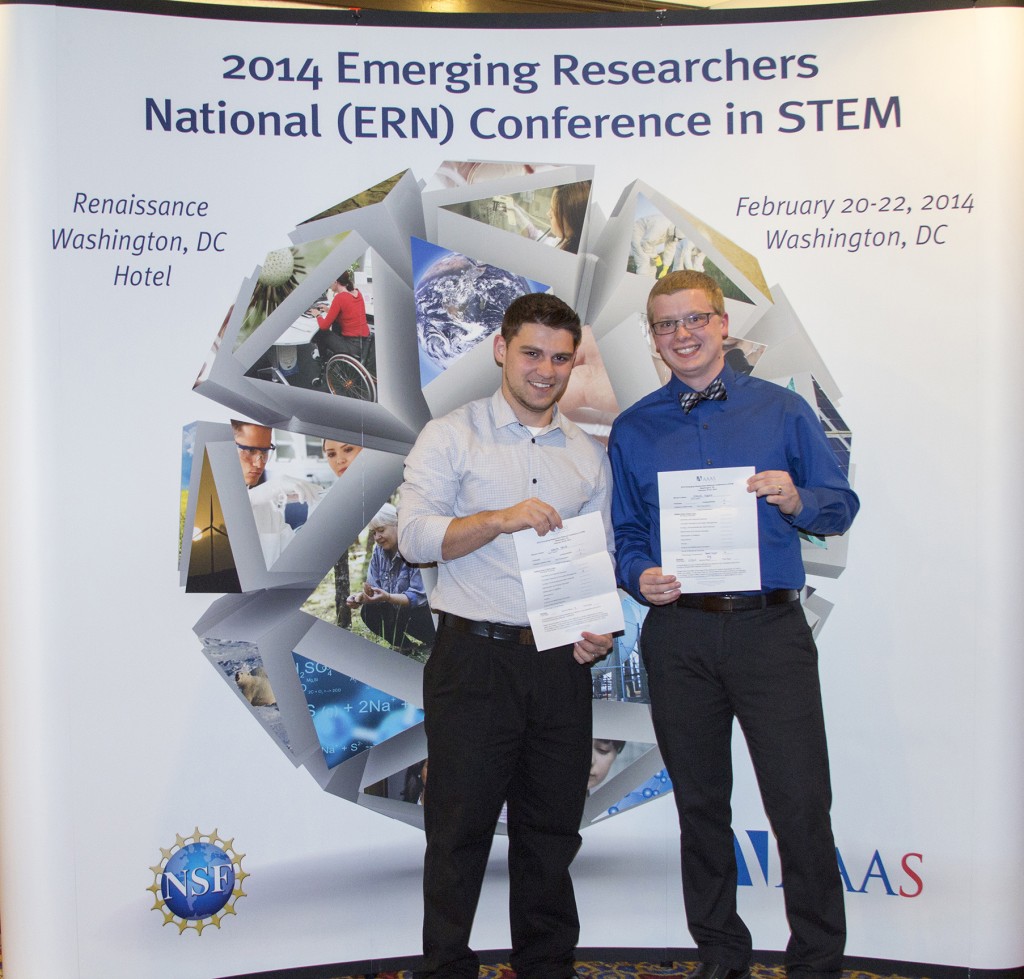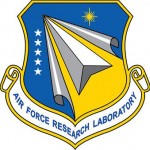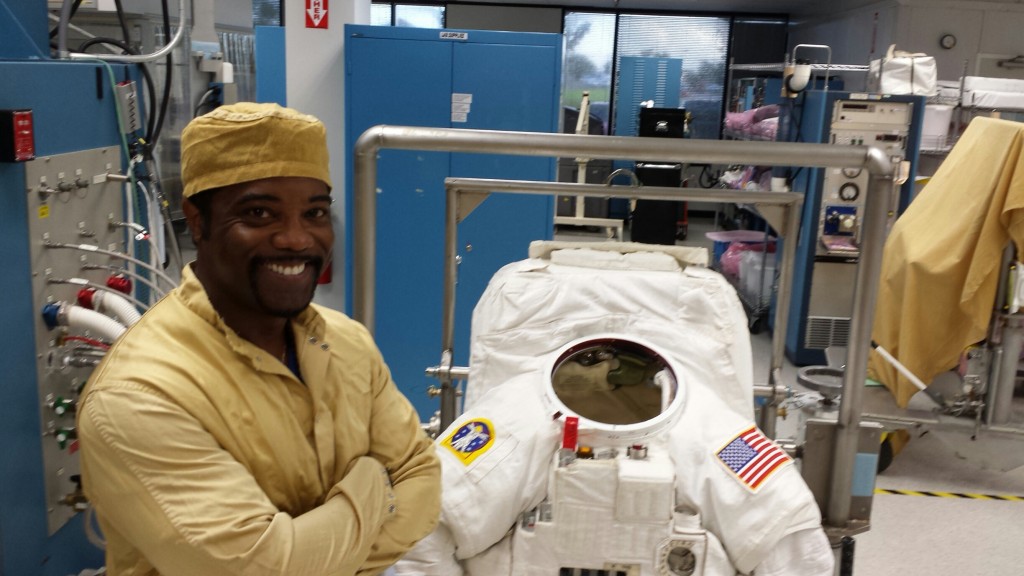NASHVILLE (TSU News Service) – For the past four years, two professors from Tennessee State University have been relentless in writing grant proposals to initiate and generate funding to begin research projects. Between the two, they have generated more than $7 million to support research, scholarships, and the engineering curriculum to enhance the academic profile of the College of Engineering.
Dean of the College, Dr. S. Keith Hargrove, points out that the amount of funding the College has secured is remarkable given the competition for grant dollars.
“This is rather impressive since the competition typically results in about a 10-15 percent success rate,” said Dr. Hargrove, who along with Dr. Sachin Shetty, assistant professor of electrical and computer engineering, have secured grants from the National Science Foundation, Boeing and the U.S. Navy among others. “Because of the competition, re-submissions are very common in this highly competitive field of science and engineering solicitations.”
According to Dr. Hargrove, the opportunity to attract external funds through research helps develop students with their involvement, enhance the quality of the academic program, and integrates new knowledge in the classroom and laboratory.
“Our goal is to provide the best academic experience for our students, and research continues to broaden a student's competence and knowledge with a depth of expertise in a discipline of engineering,” stated Hargrove. “This makes our students more marketable and qualified for the many career pathways they may take.”
Among the many grants secured by Dr. Shetty, he has attracted external funding to support his research in cyber security and advanced visualization. He has collaborated with a multi-disciplinary faculty team within and outside of the University to receive more than $3.5 million from the National Science Foundation, U.S. Air Force, Department of Homeland Security, Boeing, and Amazon. He is currently working on multiple NSF funded research and educational projects along with Dr. Tamara Rogers, associate professor of computer science, worth $500,000 in cloud auditing.
With the popularity and growth of smartphones in the last decade for on-the-go financial, business and social transactions, Shetty has also sought out funding for identifying, understanding and mitigating new security risks to these “open softphones” critical to ensuring their continued viability and success in the mobile communications marketplace.
The Air Force has provided more than $700,000 in grants and contracts to support Shetty’s collaborative research with Dr. Mohan Malkani, associate dean and professor, along with Pennsylvania State University in the area of cloud and smartphone security. The Department of Homeland Security has also provided two grants worth $800,000 to support his research with Dr. Deo Chimba, assistant professor of civil and architectural engineering, in cloud security and incidence management.
His partnership with Dr. Hargrove and Rowan University to develop visualization software for engineering education has resulted in multiple National Science Foundation grants of more than $750,000.
Shetty has received several awards for his efforts, including recognition from the Annual TSU Research Symposium, a Department of Homeland Security Leadership Award, and Teacher of the Year from the College of Engineering. He also serves as the Director of the Cyber-Defense and Security Visualization Laboratory in the Department of Electrical Engineering.
Dr. Hargrove, who not only serves as dean of the College but also as a professor of mechanical engineering, focuses his research on advanced manufacturing techniques, virtual and augmented reality, and energy storage devices.
He recently initiated research in advanced battery technologies, combining the multidisciplinary talents of professors in chemistry, physics and engineering. Drs. L. Ouyang, Landon Onyebueke, Mohan Malkani, Richard Mu of Fisk University, and Hargrove recently traveled to a naval research facility to develop a partnership in batteries, and are currently developing a state-of-the art laboratory for battery testing and evaluation. These efforts are part of the newly formed TIGER (TSU Interdisciplinary Graduate Engineering Research) Institute, a self-sustaining research unit obtained from a $1.2 million award from the National Science Foundation.
The TIGER Institute will conduct applied research in cyber-defense, bioinformatics, advanced visualization, nano-materials, and energy systems. The U.S. Navy and Air Force, Boeing and the National Science Foundation sponsor current funding of the institute.
Dean Hargrove recently collaborated with Fisk University to receive a $1 million award to support the professional development of teachers. Fisk University will offer several workshops to enhance the quality of teaching for Metro Nashville Public Schools. For his efforts and engagement with K-12 schools, Hargrove received the 2013 TSU Community Service Staff/Administrator Award.
The most recent award from the collaboration of Drs. Hargrove and Shetty is a $600,000 award for scholarships, and $400,000 for research in energy systems (batteries), both funded by the National Science Foundation.
“We believe our role as a College and academic unit is to contribute to the affordability challenge of our students by attracting external funds through research or scholarships,” said Hargrove. “Our goal is to enrich the student’s experience and provide the opportunity for learning.”




